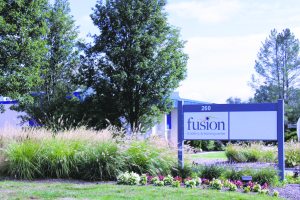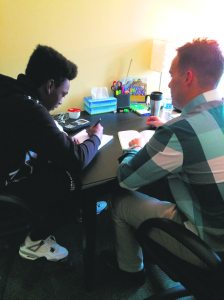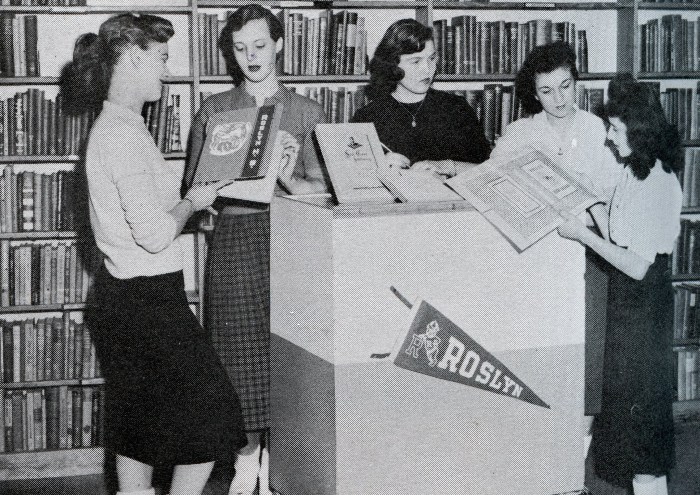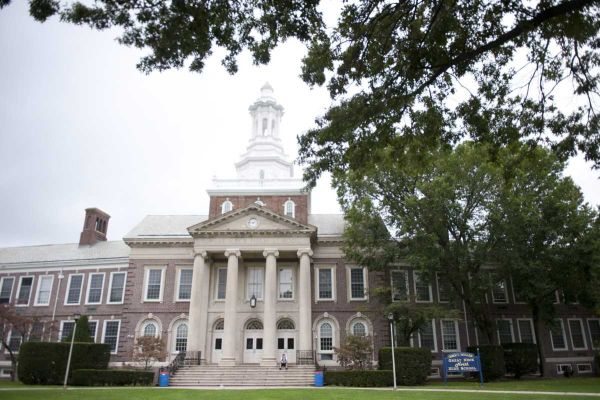Nontraditional education allows new opportunities for success
The Stamp family was at a loss. Their son Malachi was struggling in his public middle school due to debilitating migraines, which often resulted in having to come in late and needing a truncated schedule. High school could not be so accommodating; there were required classes and it would be hard for the Westbury resident to fit in all the courses he needed to achieve a Regents diploma.
 “We were sitting down, trying to rack our brains on how we could accomplish this and it wasn’t working,” said Malachi’s mom Tania Stamp. “BOCES wasn’t offering alternative day schedules. They would have allowed him to start late, but he couldn’t have stayed later. We couldn’t seem to find a solution.”
“We were sitting down, trying to rack our brains on how we could accomplish this and it wasn’t working,” said Malachi’s mom Tania Stamp. “BOCES wasn’t offering alternative day schedules. They would have allowed him to start late, but he couldn’t have stayed later. We couldn’t seem to find a solution.”
But then a friend invited her to visit Fusion Academy in Woodbury. Fusion Academy is not your typical school. The alternative private school caters to sixth-12th graders who need a nontraditional classroom experience, be it because of a medical requirement, career or social needs.
“The one thing that makes a Fusion student a Fusion student is that traditional school didn’t work for them,” said Fusion Academy Woodbury Principal Tiffany Belferder. “Sometimes it’s medical, or they’re a professional snowboarder. The majority excel in one area but struggle in another. Sometimes it was a social-emotional reason, like their academics were successful but they struggled with anxiety or bullying, or the other way around.”
For the Stamp family, the school was a godsend.
“I’m truly blessed this school came across our path,” Tania said. “We were really trying to figure out what to do with him. This school came along and turned out to be exactly what we needed.”

Fusion Academy allows Malachi and other students the opportunity to build a flexible schedule based on their needs. While it’s not come-and-go, as students have a schedule they have to stick to, they can fit their classes anytime between the hours of 7:30 a.m. and 9 p.m. Malachi starts his school day around 10:30 a.m., as his migraines are often triggered by rising early. He usually ends around 5 p.m., but if he has a migraine throughout the day and needs to rest, the school has “zen tents,” where he can take a quick nap before returning to the classroom.
“Before, he couldn’t make it to school if he wasn’t feeling well. Now if he doesn’t show up, the class doesn’t continue without him,” said Tania. “It lowered his anxiety of going to school and saying he didn’t know what to do because he missed a class. It made him much more confident.”
Tuition is calculated on a per-course basis with a full-time semester (four to six courses) ranging from $14,500 to $21,750 a semester, according to the Fusion website. The Westbury school district pays the tuition, and the investment has paid off for Malachi, whose grades have shown a drastic difference. In public school, Malachi’s grades were barely passing; at Fusion, his lowest grade is a 95.
“It’s not like you’re being forced to do anything,” said Malachi. “If you have to take a break, you can. Everyone’s there for you and I’m not caught off-guard.”
One of the most drastic differences is the 1:1 teacher to student ratio, which allows for completely customized education, both in terms of scheduling and learning methods.
“There’s a lot we can accommodate for because it’s one to one,” said Belferder. “It allows us to pace the need of each student. If they need rigor, we can do that, if they need support, we can do that.”
Fusion also sets itself apart from regular schools by not giving students any take-home work. Classroom time is focused on direct instruction and test-taking, and the “homework café” is a designated social setting where students get together to complete assignments and group work.
The school has also opened up the door for Malachi to explore other areas of interest. The Woodbury campus offers a professional recording studio, where students are encouraged to use instruments, voice and recording techniques to create.
“My friends were making rap beats and I started getting into it. The studio uses great programs and I’ve been getting into DJ-ing too,” Malachi said.
And while the academic offerings and opportunities at Fusion Woodbury are endless, Malachi noted that the social aspect of the school is one of his favorite things about it.
“The environment is different. It’s a small school, but I can relate to everyone, everyone’s my friend,” he said. “Everyone’s really helpful and has their own back-story. Everyone’s unique.”
To find out more about Fusion Academy Woodbury, visit www.fusion
academy.com or call 516-364-5414.






























